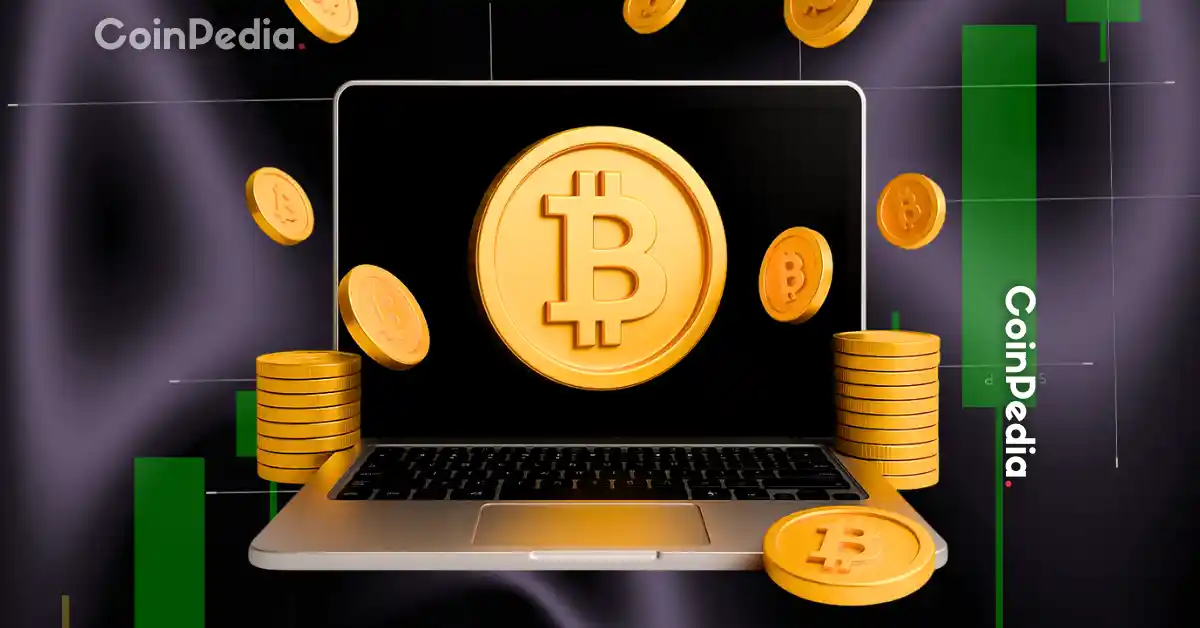
Bitcoin has long been cast as a technology experiment, a decentralized project pushing the boundaries of finance. But according to GetBit CEO Abhay Agarwal, that perception misses the point. “Bitcoin functions less like a tech project and more like a monetary asset,” the executive said in an exclusive interview with Coinpedia. “It is closer to digital gold than to a software token.”
Unlike the thousands of digital tokens circulating today, Bitcoin was not created by a company or centralized entity. There is no foundation, no boardroom, no marketing team steering its development. Its governance and evolution are fully decentralized, a feature rare in both finance and technology.
Scarcity further differentiates Bitcoin. Its supply is capped at 21 million coins, verifiable and programmed. Many other digital assets can adjust supply through governance votes or corporate influence, but Bitcoin’s fixed supply gives it a fundamentally monetary characteristic.
“Its computing power, its global reach, and its role as a hedge against monetary inflation make it fundamentally different from the thousands of digital assets that exist today,” the GetBit CEO said.
Clarity from regulators is reshaping how institutions approach Bitcoin. Investors often view uncertainty as a greater threat than risk itself. Clear definitions, whether Bitcoin is treated as a commodity, security, or a new asset class, allow asset managers, pension funds, and family offices to allocate with confidence.
“Regulatory clarity reduces operational and reputational risks. It also broadens participation. Suddenly, the conversation shifts from Bitcoin being an ‘alternative experiment’ to being a recognized, regulated part of the financial landscape,” he said.
Owning Bitcoin directly provides access to a borderless, verifiable, and censorship-resistant asset. It allows individuals and institutions to hold wealth outside traditional financial systems, serving both as an inflation hedge and a strategic diversification tool.
But ownership comes with responsibility. Proper custody practices are important to prevent theft or loss. The only real risk is not taking ownership, according to the CEO . “The only risk here is not doing it, because then your Bitcoins are not yours, they’re of the exchange where you are holding them, making it prone to hacks and thefts,” he concluded.
After days of panic selling and extreme fear, the crypto market has suddenly flipped green.…
Story Highlights The live price of the PEPE coin is . Analysts predict PEPE could…
Story Highlights The live price of the Dogecoin is . Analysts project Dogecoin could reach…
The crypto market recovered strongly today, with total market value rising 3.5% to around $2.26…
The Ethereum price is bleeding, and now the on-chain data is flashing something interesting, maybe…
Ethereum treasury firm FG Nexus sold another 7,550 ETH ($14.06M) today as it continues downsizing…